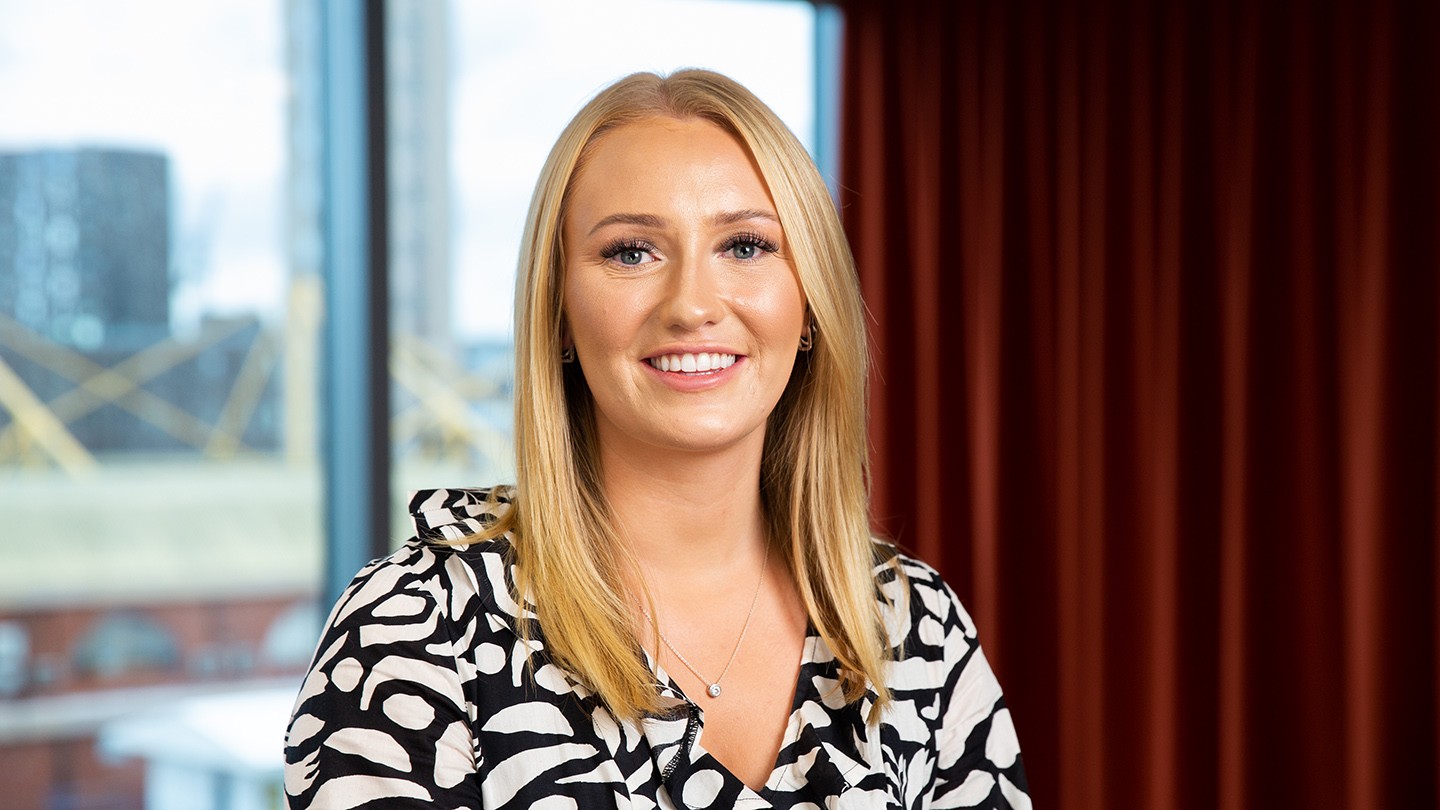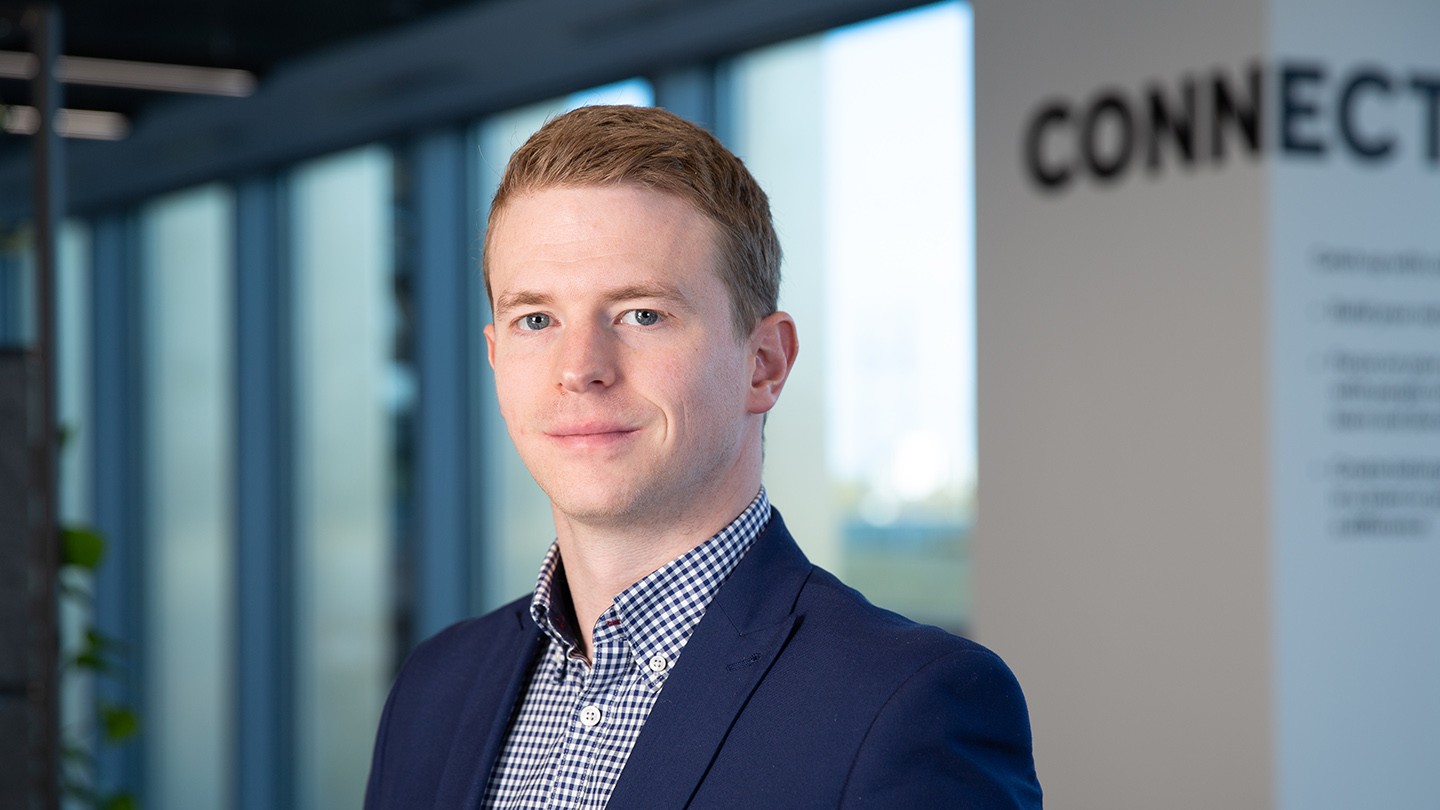
Proactive contact: “We want to let customers know that we’re here for them”
02 December 2022
What is proactive contact, and how can it support customers facing financial hardship? Barclays colleagues Kirsty Aird, Proactive Customer Contact Coordinator, and Guy Lansley, Vice President in the Advanced Analytics Centre of Excellence, share how their teams are identifying and reaching out to those needing support as the cost of living rises.
At a time when people are trying to manage the impact of the rising costs of consumer goods and energy, it is crucial that financial services organisations anticipate the types of support that their customers may need – in some cases before they even know themselves.
In the face of these challenges, initiatives like Barclays’ proactive customer contact have become more important than ever. It’s an approach that involves reaching out to people who might be experiencing financial difficulties, with the aim of offering practical support over the phone – while also providing a listening ear to those who need it.
“Talking about your finances can be really difficult,” says Kirsty Aird, Proactive Customer Contact Coordinator at Barclays UK. “People might not be prepared to talk to their friends or family about it. We’re an anonymous friend that customers can speak to about what they’re going through.”
Aird is part of the proactive contact team, which was launched six years ago. It began as a small team but has since grown significantly – and it has played a pivotal role helping customers in the wake of the COVID-19 pandemic and the rising cost of living. Now, the team sends around 40,000 text messages per week to customers who’ve been identified as potentially needing support – and a total of 4.6m people have been contacted so far by the bank across various channels.

Kirsty Aird says the proactive contact calls are completely “customer-led”.
Talking about your finances can be really difficult. People might not be prepared to talk to their friends or family about it.
Proactive Customer Contact Coordinator, Barclays UK
Encouraging customer-led calls
How does the team identify who they should contact? Data is key, and colleagues use a combination of upcoming market trend analysis and big data analytics to understand the impact of the rising cost of living on customers, explains Guy Lansley, Vice President in the Advanced Analytics Centre of Excellence at Barclays.
“Looking at overarching trends in areas like fuel, energy, mortgage and rent costs, we use predictive models to estimate how essential spend will increase into the future,” he says. “This enables us to create a model of financial wellbeing. From there, we can identify customers that are more vulnerable to the rising costs of living.”
The next step is contacting them via a two-way text messaging system. If recipients want to talk to a member of the team, they simply reply, and they will receive a call within 24 hours from the bank.
What happens during the resulting conversation is entirely up to the customer and their individual needs, Aird explains. “The call is customer-led. There is no agenda or outcome that needs to be achieved. It’s just whatever they would like to speak to us about.”
The guidance offered on these calls ranges from general financial assistance to budgeting guidance through the Barclays app. In some instances, the team can put customers in touch with charities that can offer dedicated support around particular issues. “By listening to them and understanding what they’re going through, we can give specific guidance,” she says.
“For a lot of people, it could potentially be the only call they have about financial matters,” Lansley notes. “So, it is really valuable to have these conversations – not only for their financial wellbeing but for their personal wellbeing.”
He adds that the people who have been contacted can respond to the message at any point – whether that is an hour later or three months down the line. “Often, customers might be doing okay right now. But because we can see what is around the corner, we can flag support that is available that will be useful to them in the future.”
It is really valuable – not only for their financial wellbeing but for their personal wellbeing.
Vice President, Advanced Analytics Centre of Excellence

Kirsty Aird says the proactive contact calls are completely “customer-led”.
“It is okay to reach out for help”
One of the most rewarding aspects of running the proactive contact initiative is seeing the impact it can have on those who have been supported by it. “We’ve had really positive feedback,” Aird says.
She shares the story of a self-employed customer who was struggling to make ends meet. After being called by the proactive contact team, she was directed to the UK poverty charity Turn2us, who informed her that she was entitled to £200 per week in Universal Credit.
“This made an enormous difference,” says Aird. “She was extremely grateful we’d been in contact and said we had spurred her to act rather than bury her head in the sand. She was almost in tears – she was so relieved.”
Going forwards, the team plans to continue expanding its work and tailoring its support to customers' needs. “We’ll continue to do as much as we can to come up with solutions and evolve the support we’re providing,” she explains. “We want to let customers know that we’re here for them and that it’s okay to reach out for help.”

The proactive calling team plans to continue expanding their work and tailoring their support.